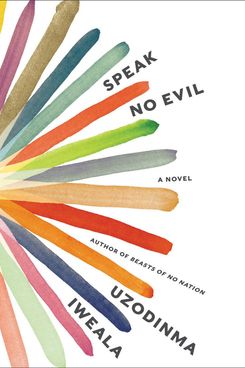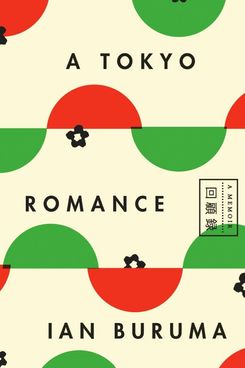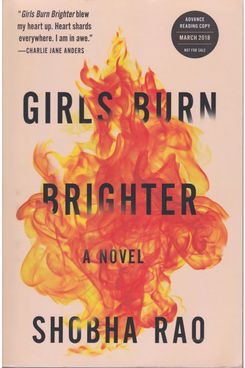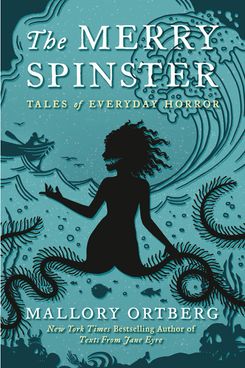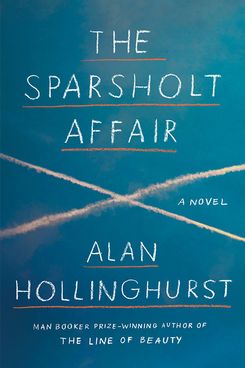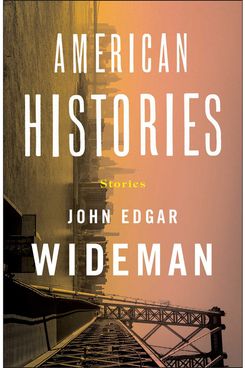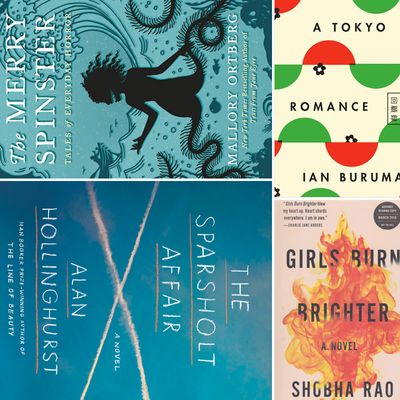
Each month, Boris Kachka offers nonfiction and fiction book recommendations. You should read as many of them as possible.
Speak No Evil, by Uzodinma Iweala (Harper, March 6)
The author was a Harvard undergraduate when he wrote Beasts of No Nation, a precociously un-autobiographical first novel about an African child soldier. (It was later adapted into a Netflix movie of the same name.) Thirteen years later, IwealaÔÇÖs second novel starts close to home, with the Harvard-bound son of privileged Nigerians, but soon it veers into the dark unknown. After young Niru, growing up tony D.C., is inadvertently outed to his profoundly homophobic parents by his white friend Meredith, his life becomes a journey of confusion, torment and, eventually, violence. Toward the end, NiruÔÇÖs pensive narration gives way to Meredith, contemplating her own complicity in a web of injustice.
A Tokyo Romance, by Ian Buruma (Penguin Press, March 6)
Before taking over the New York Review of Books, the Dutch-born writer finished this memoir about a lesser-known corner of JapanÔÇÖs history as well as his own. In 1975 he moved to Tokyo and fell in with the outer fringes of the art world ÔÇö a scene of fluid sexuality, campy burlesque, avant-garde theater, and hard-core porn. And so a child of European privilege wound up vamping in a red jockstrap, doing a whiskey ad with Akira Kurosawa, and having affairs with women and men. Most astonishingly, he left six years later with the same girlfriend, his future wife.
Girls Burn Brighter, by Shobha Rao (Flatiron, March 6)
RaoÔÇÖs first novel, about two poor girls in an Indian village whose friendship prods them to survive unthinkable hardship, has already been compared to A Little Life, thanks to its abundance of both beauty and brutality. After calamity separates Poornima from Savitha, their only road to reunion runs through the human-trafficking trade; suffice it to say that misogyny is, for the subcontinentÔÇÖs worst off, not a debated concept but a simple fact of life. RaoÔÇÖs writing propels the story forward to an ambiguous ending that could fuel as much debate as the suffering that comes before.
The Merry Spinster: Tales of Everyday Horror, by Mallory Ortberg (Holt, March 13)
Gender-fluid revisionist fairy tales arenÔÇÖt a brand-new phenomenon (see Helen OyeyemiÔÇÖs Boy, Snow, Bird and Carmen Maria MachadoÔÇÖs Her Body and Other Parties). OrtbergÔÇÖs tales arrive fashionably late to the party, but beautifully turned out. Ortberg heads straight for the big game, mainly GrimmsÔÇÖ disturbing menagerie. Some stories, like ÔÇ£The Velveteen Rabbit,ÔÇØ become even more disturbing, while others (ÔÇ£Beauty and the BeastÔÇØ) are hilariously banal. Poor Cinderella becomes put-upon Paul with shades of King Lear, the Frog Prince becomes ÔÇ£The FrogÔÇÖs Princess,ÔÇØ and a whole clutch of stories are restored to their pre-Disney glory ÔÇö primordial, oppressive, and funny.
The Sparsholt Affair, by Alan Hollinghurst (Knopf, March 20)
More expansive and arguably even better than HollinghurstÔÇÖs Booker PrizeÔÇôwinning The Line of Beauty, his sixth novel turns the exquisite writerÔÇÖs chief concerns, queer history and postwar Britain, into an ingeniously told family saga. Jump-cutting between eras in shifting tones and styles, the intricate plot takes us across several interconnected cultures of gay men ÔÇö first the closeted, coded ÔÇÖ50s and ÔÇÖ60s; then the louche 1970s in the wake of the alluded-to ÔÇ£affairÔÇØ; followed by the gradual tug-of-war between mainstream respectability and the zipless app-enabled culture of now.
American Histories, by John Edgar Wideman (Scribner, March 20)
The preface to the authorÔÇÖs collection of fact-based short stories is a note to an unnamed president about the fact that slavery never really went away. The unredeemed past courses through these fictional monologues and dialogues, including a correspondence between Frederick Douglass and John Brown, and a fresh new confession from Nat Turner. There are essays and reviews framed as imagined narratives, but the most probing story of all may be ÔÇ£Williamsburg Bridge,ÔÇØ in which a man on the verge of suicide channels the lives of those who leapt before him.


